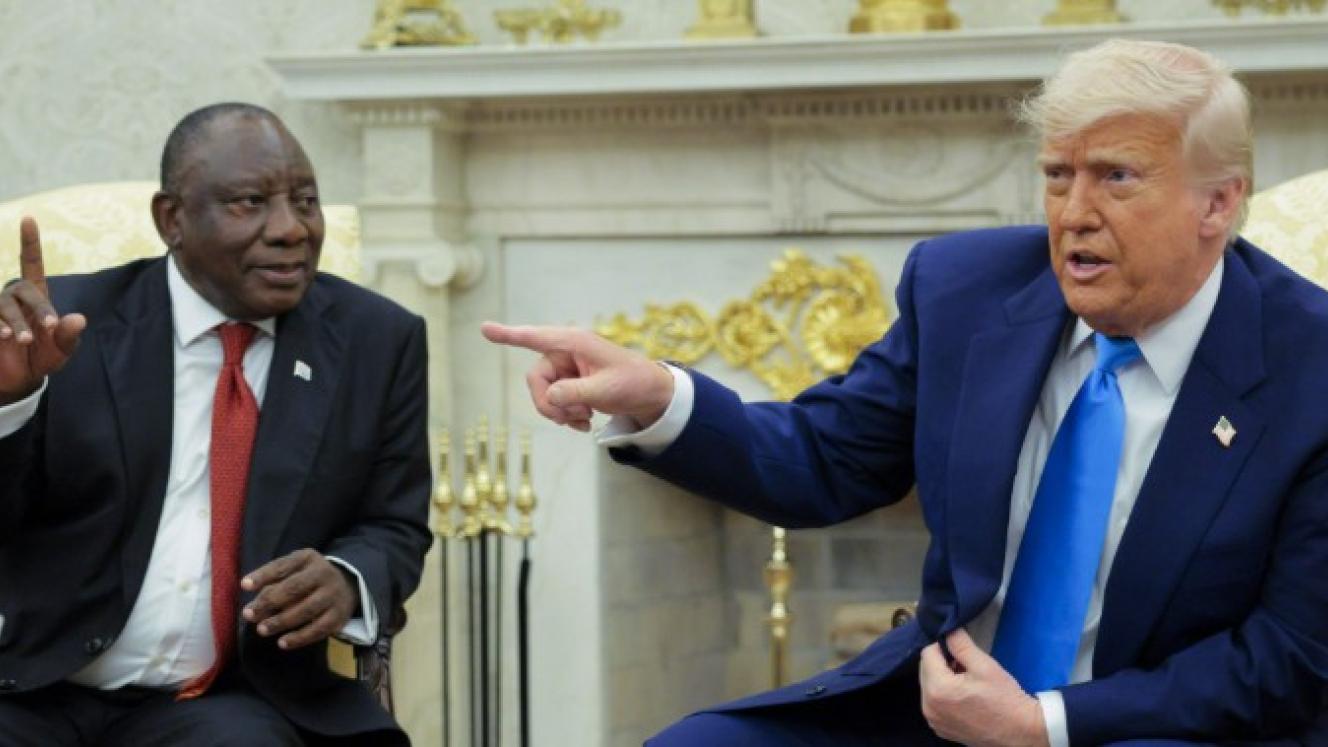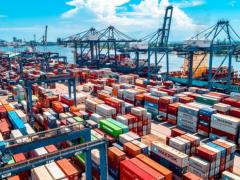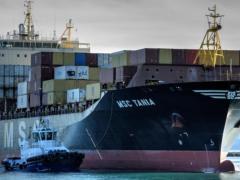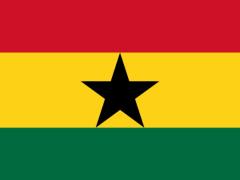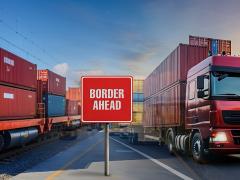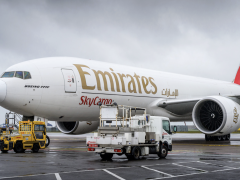Ahead of Wednesday’s July 9 deadline, when a host of US trading partners will know whether the Trump administration will proceed with exorbitant tariff increases, President Cyril Ramaphosa is attending the Brics Summit in Rio de Janeiro.
The gathering of the 17 heads of state of the trading bloc, comprising Brazil, Russia, India, China and South Africa, got under way on Sunday, July 6, and was scheduled to run until this Monday.
Representatives of several new partner countries of Brics were also expected to attend, including Iranian Foreign Minister Abbas Aragchi.
But it’s US President Donald Trump who attracted attention on account of renewed tariff threats, some 48 hours before finality was expected on the initial April 2 “Liberation Day” tariff announcements.
Commenting on the Brics Summit, he said, “the US will impose additional tariffs on any countries aligning themselves with the ‘anti-American policies’ of the Brics group of developing nations”, Reuters reports.
Following May’s trade delegation to the US by Ramaphosa, intended to repair bilateral relations with Washington, South African exporters are hopeful that Trump will not proceed with implementing a 30% increase on a range of local produce, especially fruit.
Since the April 2 announcement, South Africa, along with its African peers, has had a 10% baseline duty placed on shipments sent to the US.
Trump’s latest threat only adds to the uncertainty of exporters, and some may argue that the timing of the Brics Summit could not have been revisited.
At stake for South Africa, in only one segment of exports, is citrus, the country’s largest source of revenue based on outflows, Citrus Growers Association (CGA) chair Gerrit van der Merwe has said.
Looking to grow shipments to 260 million tonnes of 15-kilogram cartons by 2030, the CGA has said that exports of the fruit currently bring in R34 billion in foreign revenue.
Van der Merwe has added more perspective, saying 10 000 local jobs are created for every 10m cartons exported.
Last year, the US received about 5.4% of South Africa’s citrus exports, totalling about R1.8bn in revenue.
Associated Press has reported that US-bound citrus averages about 6.5m cartons a season, supporting 35 000 jobs in South Africa.
If Trump proceeds with his tariff increases against South Africa, the citrus industry will most likely be hit the hardest, with devastating cost consequences for producers in areas like Citrusdal in the Western Cape.
But many trade stakeholders say South Africa should stand firm in the face of US pressure, especially given the leveraging strategies deployed by the US.
One of them is the Trump administration’s insistence that South Africa relax import protocol placed on US poultry, meant to protect South African piggeries from Porcine Reproduction Respiratory Syndrome (PRRS).
Johann Kotzé, chief executive officer of Agri SA, recently told an Exports Western Cape gathering that although it was understood what the citrus industry meant for South Africa, PRRS could seriously undermine local poultry production through a US trade-off position.
